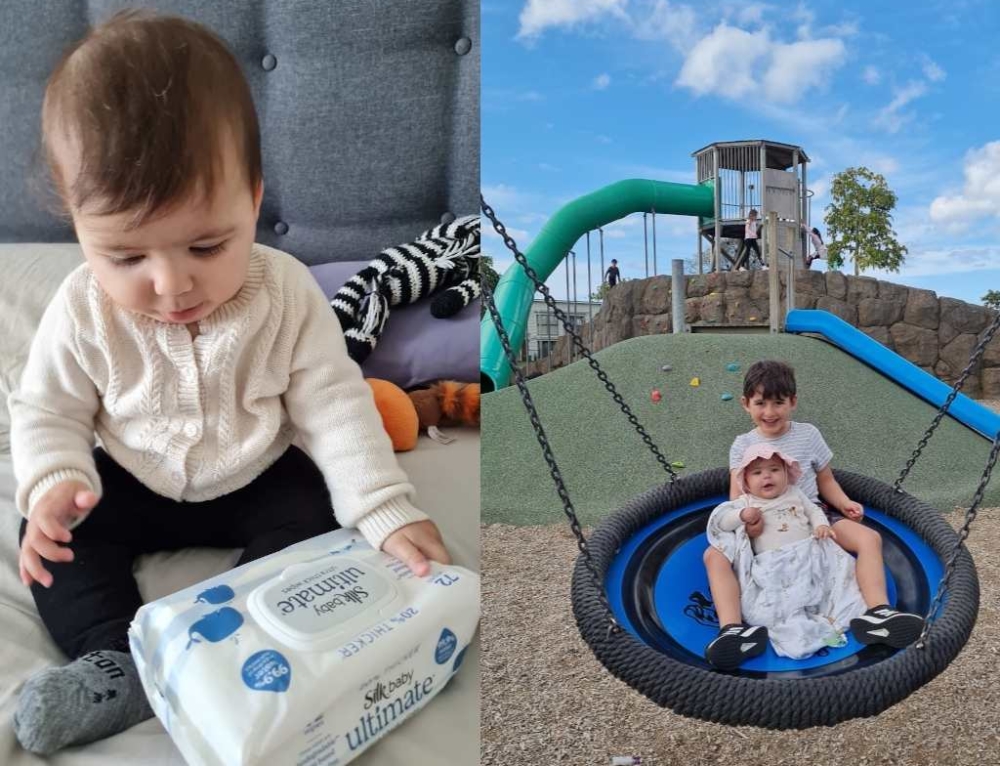For the parents of children who are slow to talk, it’s often difficult to know when to seek help. You may possibly delay getting professional advice because there is a wide range of ‘normal’ and up to a certain age it’s easy to find reasons why he may be slow with speech – he’s an active child more interested in doing than talking; he has older siblings who do the talking for him; he’s a naturally quiet child who thinks a lot…
Understanding what’s ‘normal’ and what’s not in speech and language development can help you figure out if you should be concerned or if your child is moving (maybe slowly) in the right direction.
What’s the difference between language and speech?
Speech and language are often confused, but there is a definite distinction between them:
- Speech is the way language is verbally expressed and includes the way words are physically formed in the mouth. A child with a speech problem may have a vocabulary appropriate for his age but experience a difficulty in being understood by others.
- Language is much broader and refers to the entire system of understanding and being understood through communication – through verbal, nonverbal, and written expression.
While the problems encountered in language and speech are quite different, they do often overlap.
Understanding normal speech and language development:
To ensure that your child is developing the right speech and language skills for his age, make sure that this area of his development is always covered at every routine baby health check – that way, possible areas of concern can be detected early. Often a delay is the result of immaturity, which will be solved over time, but if you are aware of a potential problem, you can keep an eye on it.
Common Sense Advice. Share your experiences, tips and advice on the Kidspot Forum.
This article was written by Ella Walsh for Kidspot. Sources include Speech Pathology Australia and Raising Children Network.







Leave A Comment
You must be logged in to post a comment.